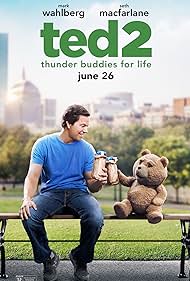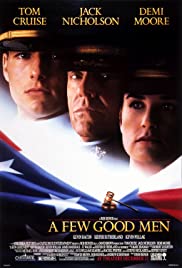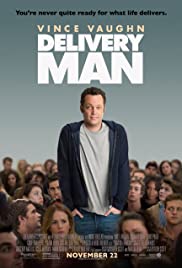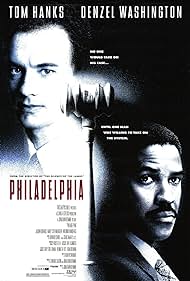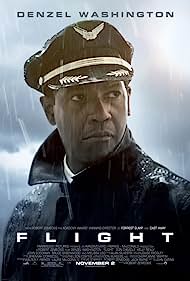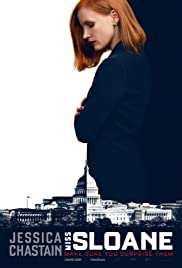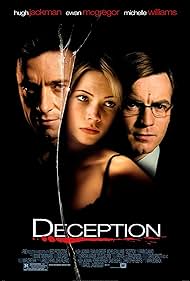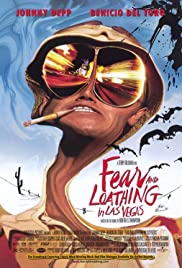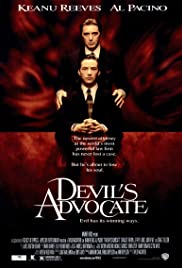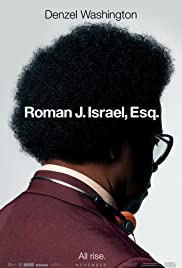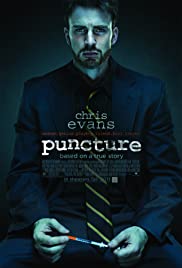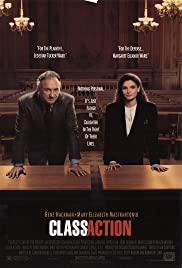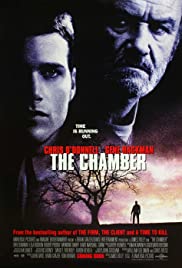So You Said Yes Soundtrack (2015)

Buy on Amazon Play and download Soundtracks
Una boda diferente
Quando dici sì
So You Said Yes
Synopsis
So You Said Yes
A triangle of sorts is presented. The common side of it is small-town lawyer Sam Taylor, who is probably one of the town's most eligible bachelors, still looking for the right woman. On one side is Annabelle Blanche, a new-in-town business neighbor who put aside a successful big-city career in advertising to open a bridal shop, So You Said Yes. She sees her store as an alternative, rather than competition, to the only other bridal shop in town, Ever After: while Ever After is traditional, catering perhaps more to the vision mothers have for their daughters' ideal weddings, So You Said Yes is more eclectic in that Annabelle wants brides to feel comfortable in presenting themselves as they truly are at their wedding as opposed to what bridal magazines show as the standard. Annabelle wants to strike a cordial relationship with the owner of Ever After, who not only opposes Annabelle's visions of weddings, but truly sees her as competition. Annabelle has vastly used work as an excuse to avoid having a personal life; she has a fear of commitment from witnessing her father's life--Nick Blanche is on marriage #3 after Annabelle's mother's death and Annabelle thinks he treats commitment like it's disposable. Despite Annabelle's resistance to having a personal life, Sam is able to chip away at her defenses for the two to fall in love.
The third side of the triangle on the other side of Sam is his widowed mother, the proper Claire Taylor, who also happens to be the proprietor of Ever After, so Sam delays telling Annabelle who his mother is, and delays telling his mother that the woman he has fallen in love with is Annabelle. When the truth inevitably comes to light, the question becomes if the relationships Sam has with Annabelle and Claire, both of whom he loves, will survive.
